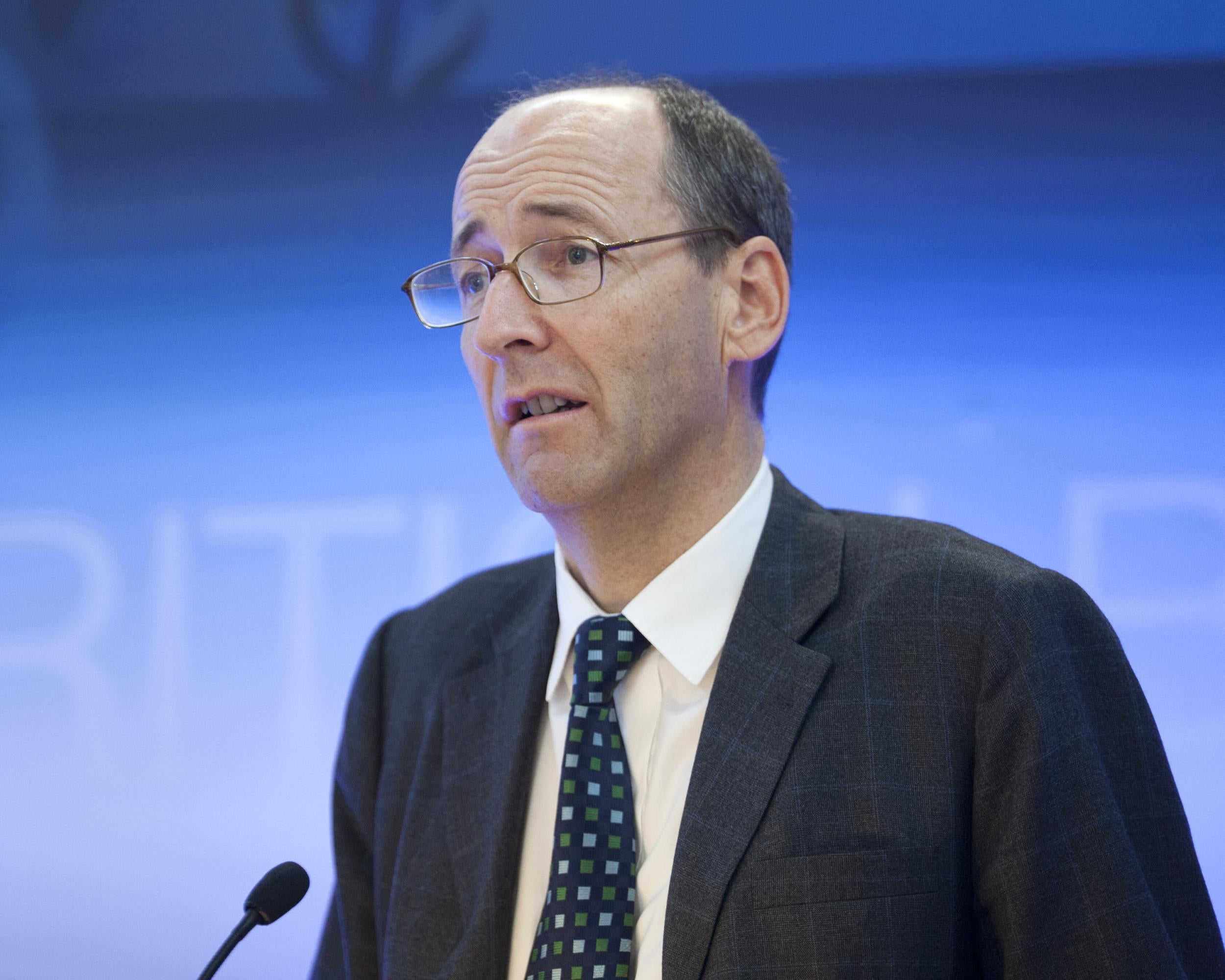Does CMA crackdown on big four accountants miss the point?
The watchdog has stopped short of calling for a breakup but its proposals aren't without merit. What they don't address are the corporate misdeeds that led to the many scandals missed by the auditors

Your support helps us to tell the story
From reproductive rights to climate change to Big Tech, The Independent is on the ground when the story is developing. Whether it's investigating the financials of Elon Musk's pro-Trump PAC or producing our latest documentary, 'The A Word', which shines a light on the American women fighting for reproductive rights, we know how important it is to parse out the facts from the messaging.
At such a critical moment in US history, we need reporters on the ground. Your donation allows us to keep sending journalists to speak to both sides of the story.
The Independent is trusted by Americans across the entire political spectrum. And unlike many other quality news outlets, we choose not to lock Americans out of our reporting and analysis with paywalls. We believe quality journalism should be available to everyone, paid for by those who can afford it.
Your support makes all the difference.It’s been billed as a “sweeping crackdown” on auditors, who’ve been taking heat as a result of a succession of ugly corporate scandals that have taken place under their noses, most recently the collapse of contractor Carillion.
But proposals by the Competition and Markets Authority, which has been looking at the sector, notably stopped short of ordering a break up of the ‘Big Four’ audit firms – KPMG, PricewaterhouseCoopers, EY, and Deloitte.
These four have a stranglehold on overseeing the accounts of Britain’s biggest companies. Until recent questions were raised about the quality of their work, some had been in place for decades, leading to concerns that they were becoming part of the furniture – rather than being an external pair of eyes. They also sell lucrative consulting services, opening them up to accusations of conflict of interest.
The CMA is proposing a number of measures that it hopes will improve things. It wants to see their consulting arms put into separate operating businesses, with their own boards, to create a little more distance between them and the auditors.
You can understand why it has opted for this rather than going down the route of forcing a breakup. The problem with the latter is that the big four firms are part of global networks. They get hired by global companies for their international expertise and their ability to call upon international partners. Unilaterally breaking up the UK sections could create a mess in a country where there’s already quite enough of that.
But will the CMA’s proposed alternative work? It wouldn’t seem all that difficult to break through the walls it wants to create between the different business arms of accounting firms. Auditors and consultants will still work in the same buildings, and a firm wanting to sell more lucrative consulting services at a group level could still easily pressure the former to play nice with a view to helping the latter.
It’s notable that firms’ bigwigs issued rather complimentary quotes in response to the measures. They might not have been so favourably inclined towards more meaningful reforms.
The proposals to beef up regulatory oversight of auditors could be more meaningful. Ditto the moves to hold the directors who appoint them to greater account (although non-executive directors sitting on audit committees will doubtless respond by asking for, and getting, more money).
The idea of a ‘joint audit’ involving firms from outside the big four is interesting, even imaginative. How it might work in practice is another matter. But at least the CMA is trying. It’s of note that its chair Andrew Tyrie, an impressive former chair of the Treasury Committee before he quit the madhouse that parliament has become, has made it clear that the watchdog will go further if the proposals fail to bring about the improvement the CMA seeks.
Of course what they don’t, and can’t do, is address the corporate misbehaviour that led to the scandals that the auditors missed. Auditors are slowly being called to account for their failures. There’s scant sign of a similar process to drag corporate executives to the same place.
There’s something quite wrong about that.
Join our commenting forum
Join thought-provoking conversations, follow other Independent readers and see their replies
Comments